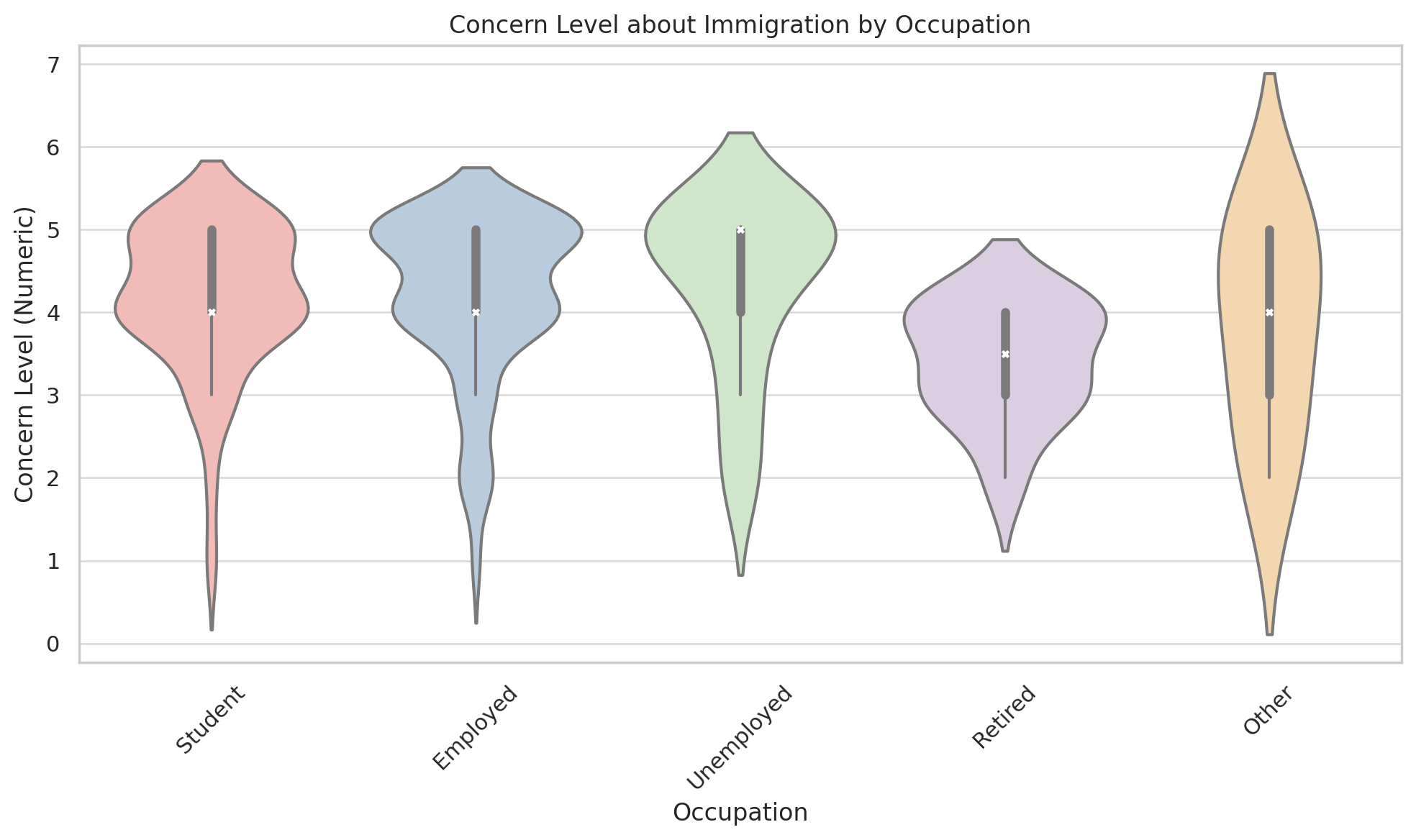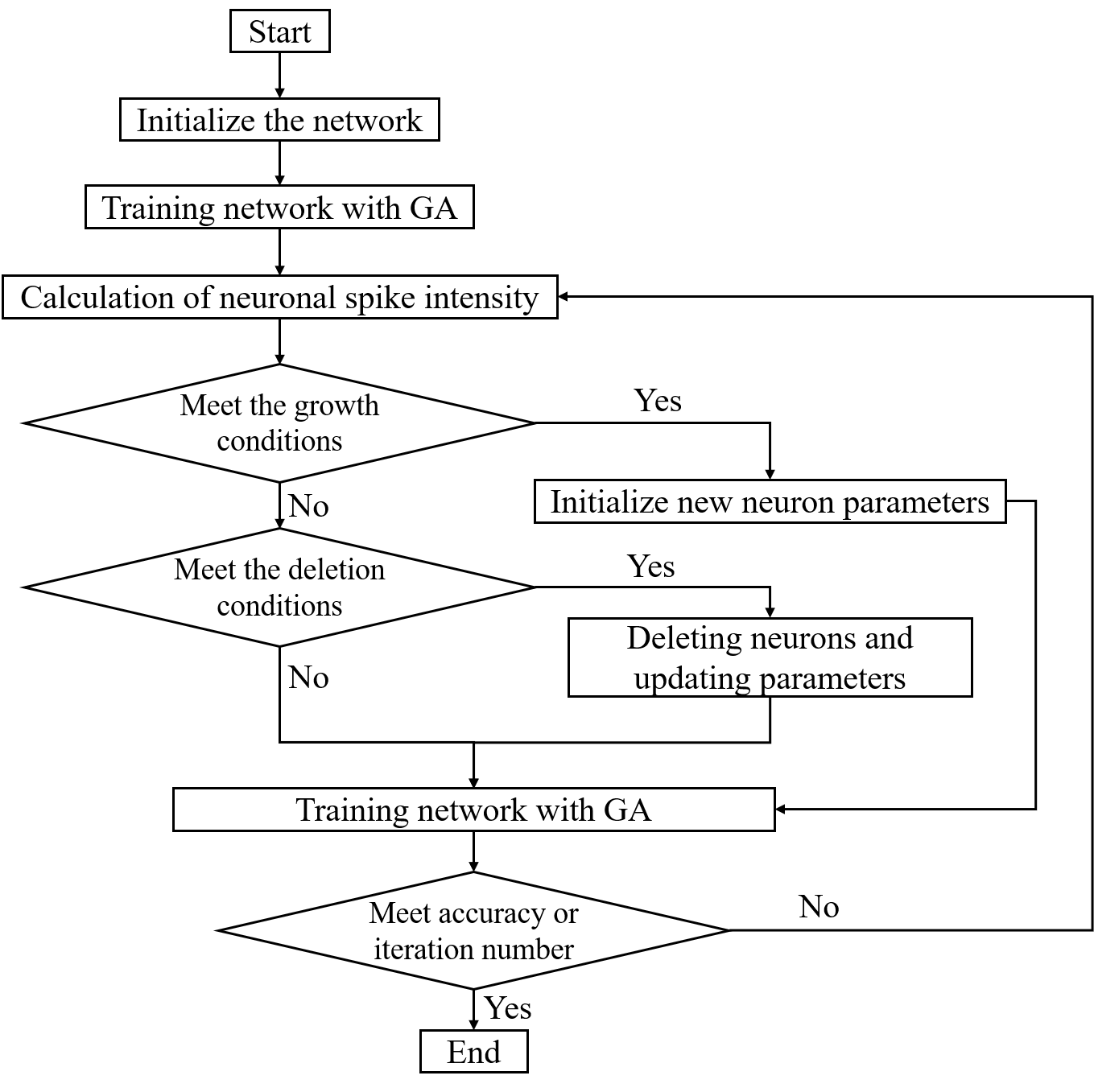 An open access journal
An open access journal
Artificial General Intelligence (AGI): The Quest for Human-Level Machine Intelligence
Abstract
Artificial General Intelligence (AGI) represents the pursuit of creating machines that possess human-level cognitive capabilities, including reasoning, learning, and problem-solving across a wide range of tasks. This paper explores the significance of AGI, emphasizing its role in autonomous decision-making, natural language understanding, and adaptability. It delves into various aspects, including cognitive architectures, reinforcement learning, and neural-symbolic integration. The discussion includes the benefits of AGI, such as addressing complex global challenges, enhancing productivity, and advancing scientific discovery. Moreover, the paper addresses the challenges and considerations in developing AGI, including ethical dilemmas, safety concerns, and the alignment problem. Through a review of AGI research and ethical frameworks, the study highlights the positive outcomes associated with the successful development of AGI, including improved decision-making, innovation, and societal well-being.
Share and Cite
Article Metrics
References
- Amodei, D., Olah, C., Steinhardt, J., Christiano, P., Schulman, J., & Mané, D. (2016). Concrete problems in AI safety. arXiv preprint arXiv:1606.06565.
- Hutter, M. (2005). Universal artificial intelligence: Sequential decisions based on algorithmic probability. Springer Science & Business Media.
- Legg, S., & Hutter, M. (2007). A collection of definitions of intelligence. In Proceedings of the 2007 conference on Advances in artificial general intelligence, 17-24.
- Silver, D., Hubert, T., Schrittwieser, J., Antonoglou, I., Lai, M., Guez, A., ... & Hassabis, D. (2018). A general reinforcement learning algorithm that masters chess, shogi, and Go through self-play. Science, 362(6419), 1140-1144.
- Tegmark, M. (2017). Life 3.0: Being human in the age of artificial intelligence. Vintage.






